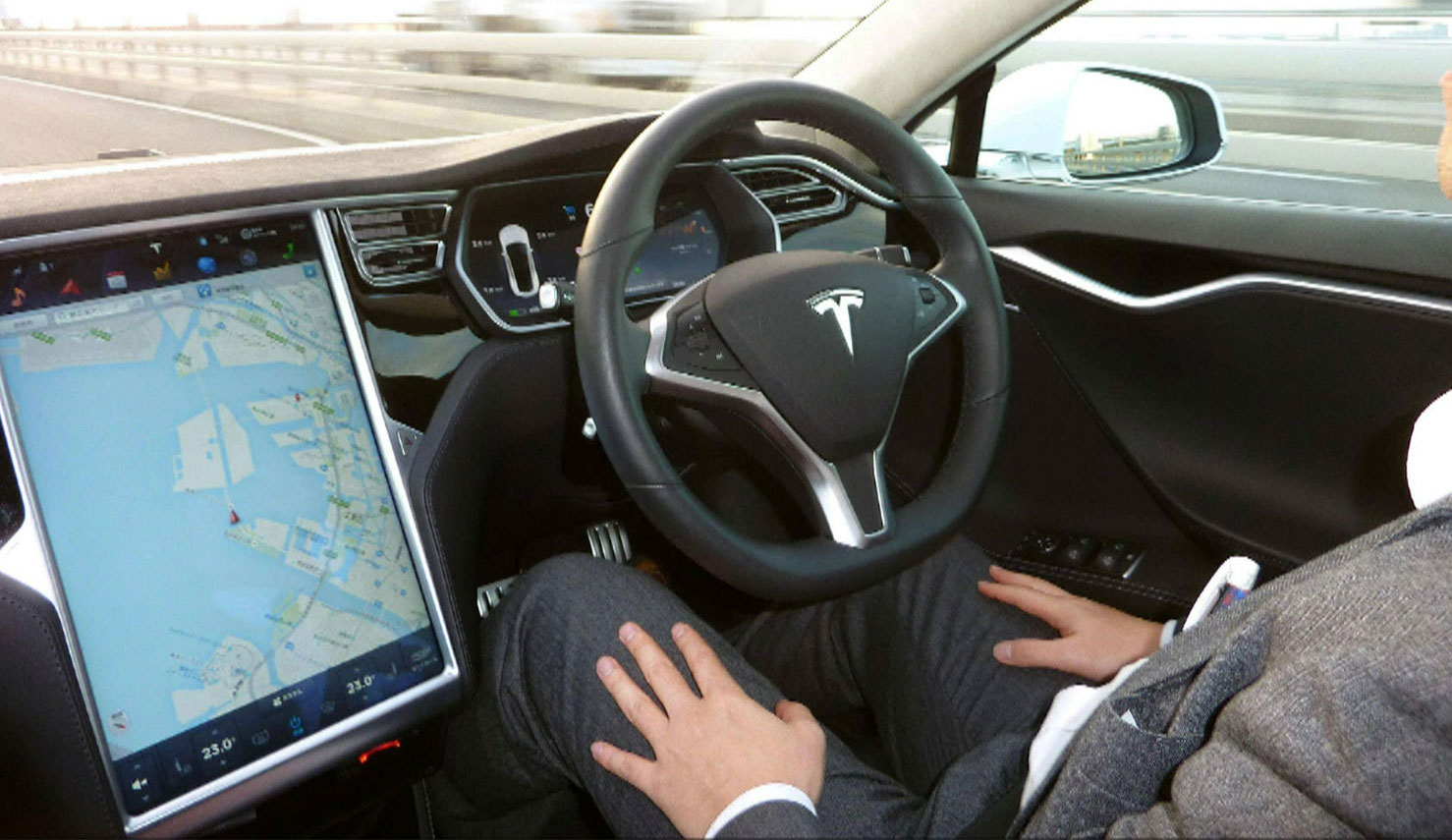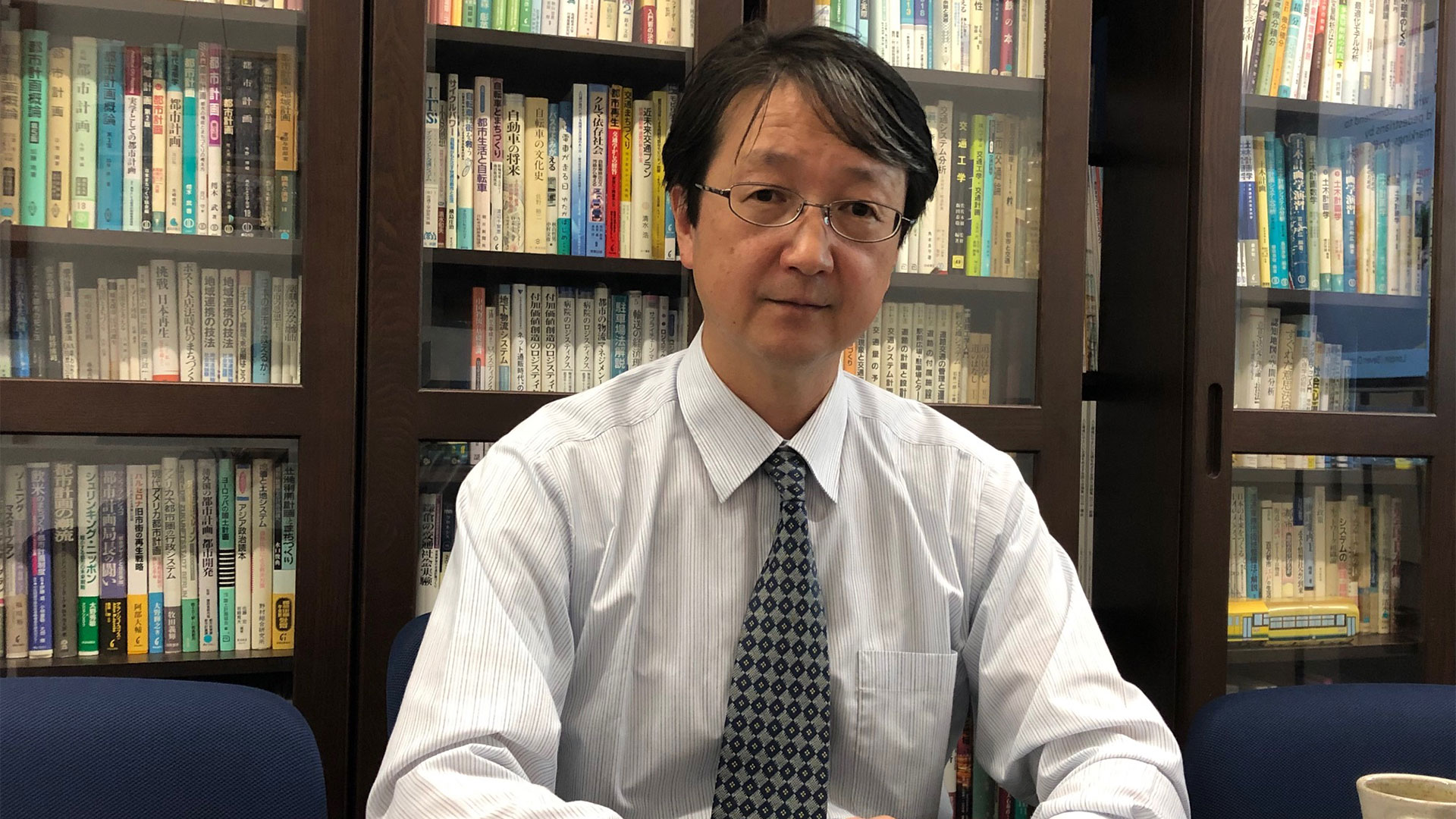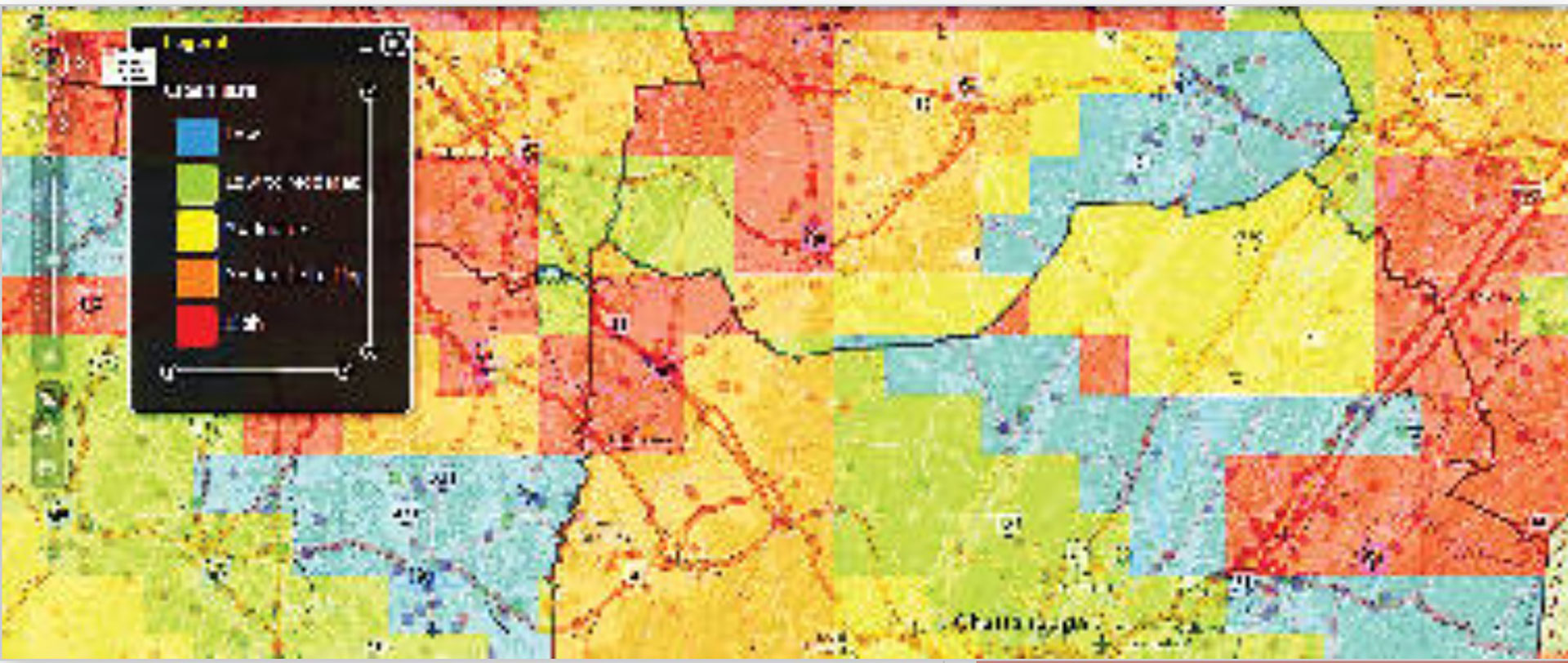Japan has had self-driving cars on the road before. The government has been staging limited tests in some districts since 2017. But next year vehicles will be allowed to switch to self-driving mode on congested highways. And people will be allowed to use their phones while their cars are moving, as long as they are able to quickly retake control.

The decision comes at a time when pedestrian safety is high on many people's minds. In April, a 31-year old Tokyo woman and her three-year old daughter were killed when an elderly man ran a red light. The following month, a vehicle plowed into a group of nursery school children in Shiga prefecture, killing two of them.
The International Traffic Safety Data and Analysis Group (IRTAD) says that among the G7 countries, only the US has a worse record of pedestrian deaths per capita.

Waseda University Professor Akinori Morimoto says there's a reason for that statistic.
"Roads are narrower in Japan than in Europe or the US," he says. "And the main roads and highways are poorly designed, so drivers often divert into residential areas to avoid traffic jams. That puts pedestrians at greater risk."
One of the reasons the government gave for deciding to change the law was to make roads safer. And Morimoto backs that idea. He says AI and self-driving cars might actually help to reduce the number of casualties.
He gives the example of a driver seeing a yellow light. Many people will step on the accelerator to beat the red light, but a self-driving car will stop.
“Autonomous cars stick to the law," he says. "And once a certain number of these cars are on the roads, other drivers will have no choice but to keep to the speed limit."

And Professor Morimoto's research could make roads even safer. His laboratory has developed an AI program that can predict where accidents are likely to occur, and help to prevent them.
Morimoto is part of an expert study group that's recommending that the Tokyo Metropolitan Police use AI and big data to reduce the number of traffic accidents.
The US state of Tennessee has been working on something similar. It uses a variety of factors, including weather patterns, historical data, football game schedules and other special events, to predict when and where serious accidents are likely to occur. It then creates danger maps to help state troopers decide where to patrol or set up safety checkpoints.

Morimoto says the switch to autonomous driving won't be without its problems. He warns that we might see an increase in the number of accidents at first, until drivers are used to seeing such cars on the roads. But he says the long term future should be a whole lot safer.
"People say 90 percent of traffic accidents are caused by human error," he says. "So without human error, 90 percent of accidents might disappear.”

